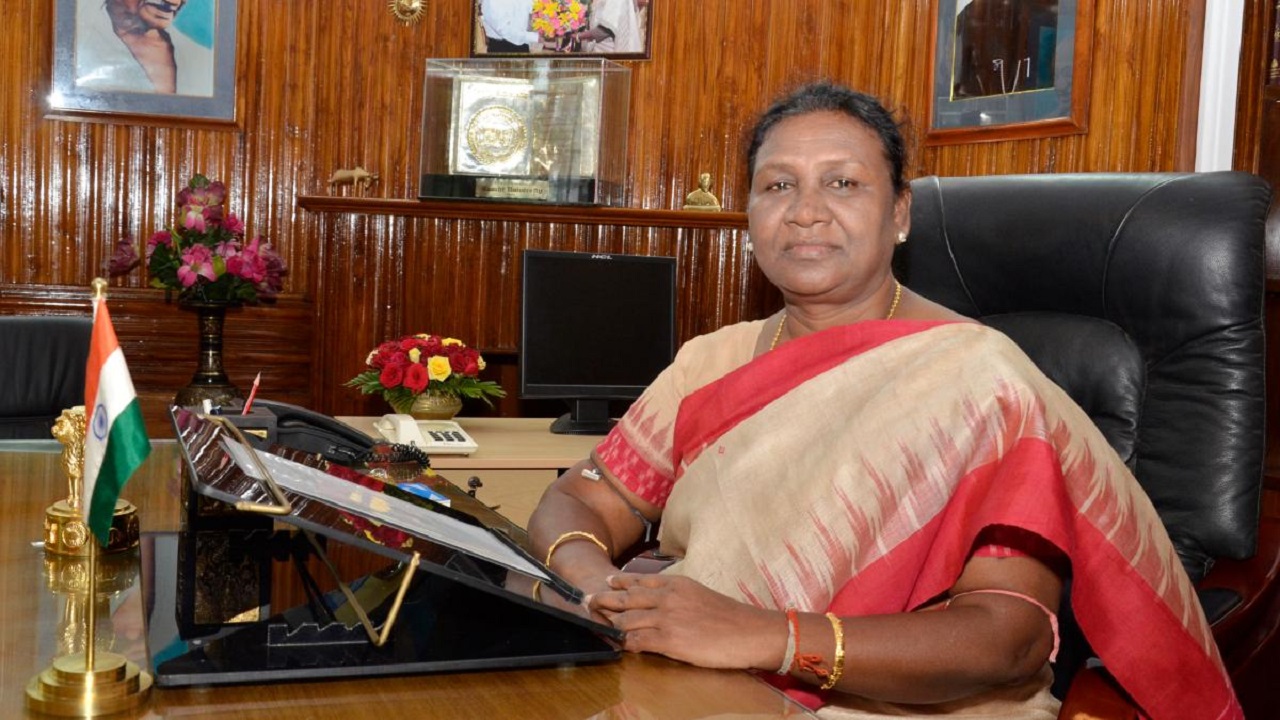NEET Exemption Bill: Presidential Assent Withheld
Context:
The Tamil Nadu Legislative Assembly passed a Bill seeking exemption from NEET (National Eligibility-cum-Entrance Test) for undergraduate medical admissions in government medical colleges. The Bill proposed that admissions should be based solely on Class 12 board exam marks, citing concerns over accessibility and fairness for students from rural and disadvantaged backgrounds.
In a significant development, President Droupadi Murmu withheld assent to the Bill, blocking its enactment and raising key constitutional and federal issues.
Timeline of Events
-
The Tamil Nadu Admission to Undergraduate Medical Degree Courses Bill was unanimously passed in the Assembly in September 2021.
-
The Governor returned the Bill without assent.
-
In February 2022, the Bill was re-adopted after an all-party meeting.
-
The Governor then reserved the Bill for the President's consideration.
-
In 2024–2025, President Droupadi Murmu withheld assent, halting the Bill’s progress.
Constitutional Procedure Involved
Article 200 – Governor’s Role After State Legislature Passes a Bill
After a Bill is passed by a State Legislature, the Governor may:
-
Give assent to the Bill, making it law.
-
Withhold assent, effectively rejecting the Bill.
-
Return the Bill (if it is not a money Bill) for reconsideration. If passed again, the Governor must give assent or reserve it for the President.
-
Reserve the Bill for the President’s consideration.
When Must a Governor Reserve a Bill for the President
Reservation is required or permissible in the following cases:
-
When the Bill affects the powers or jurisdiction of the High Court. Reservation is mandatory in such cases.
-
When the Bill impacts Union-State financial relations, particularly under Article 288 (taxation in which the Union is interested) or Article 304 (restrictions on trade and commerce).
-
When the Bill deals with a subject in the Concurrent List and is inconsistent with an existing central law, as per Article 254(2).
-
When the Bill aims to implement Directive Principles of State Policy by overriding Fundamental Rights, falling under Articles 31A or 31C.
Article 201 – President’s Powers over Reserved Bills
Once a Bill is reserved for the President:
-
The President may give assent, and the Bill becomes law.
-
The President may withhold assent, in which case the Bill fails.
-
The President may return the Bill (if it is not a money Bill) to the State Legislature for reconsideration.
Even if the Bill is passed again by the Legislature, the President is not bound to give assent.
Implications and UPSC Relevance
-
Highlights Centre-State tensions over education policy and federal authority.
-
Demonstrates the checks and balances in India’s constitutional structure.
-
Illustrates the discretionary powers of the Governor and the President.
-
Raises questions on legislative supremacy and the fate of democratically passed state laws.
-
Useful for topics in Indian Polity and Constitution, particularly:
-
Legislative process in States
-
Role of constitutional authorities
-
Federal structure and inter-governmental relations
-
Education policy and equity in access
-




Comments (0)